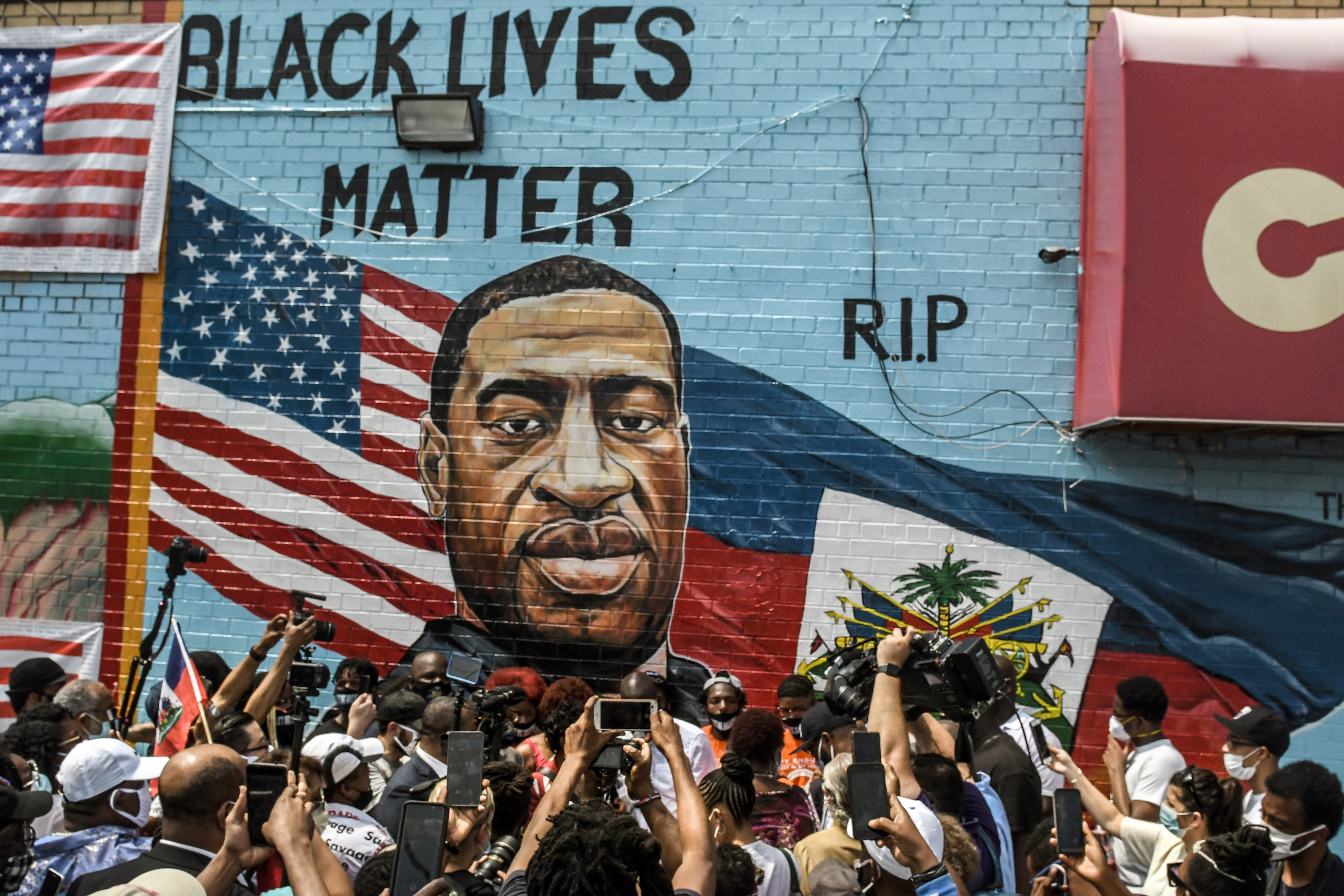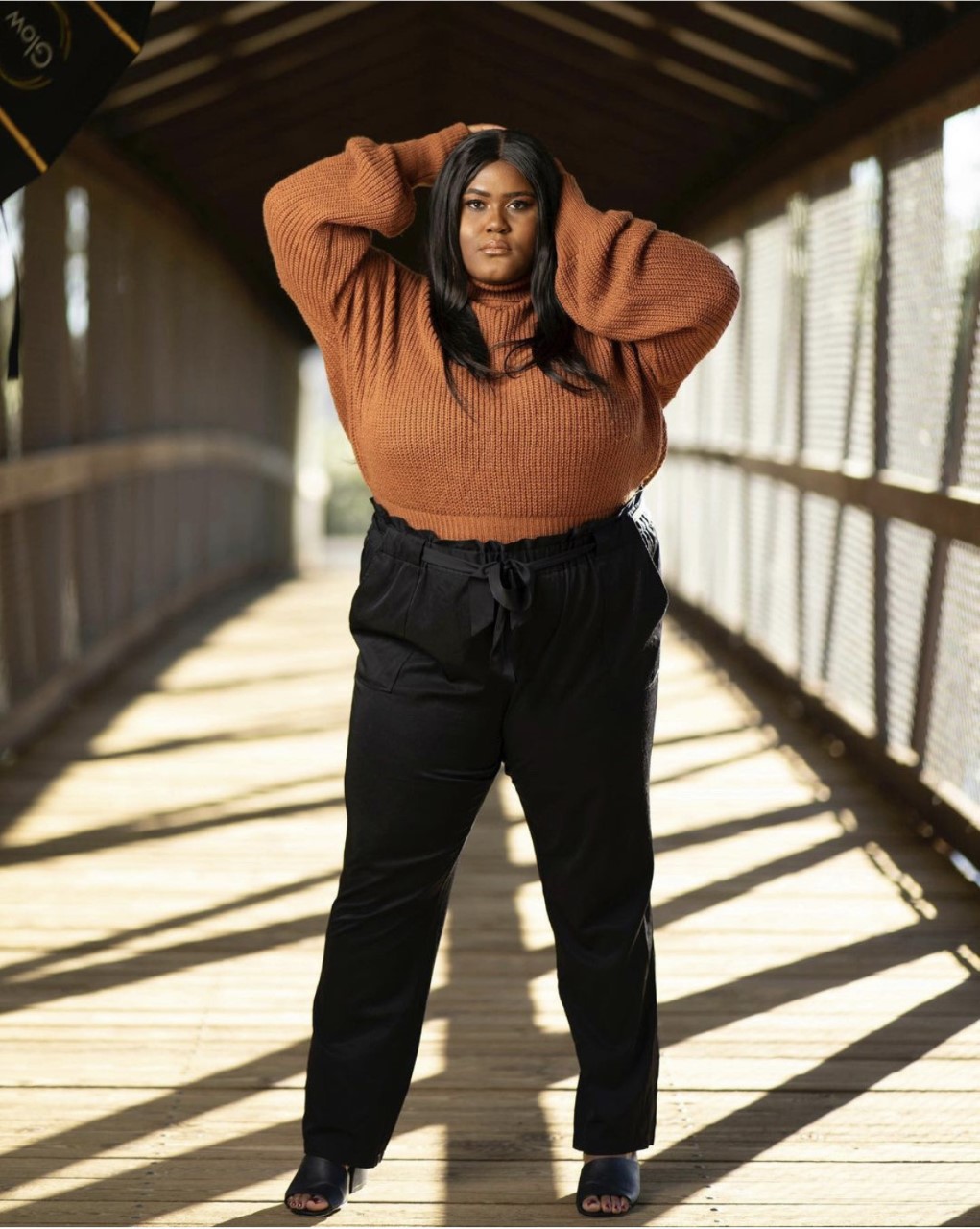

At the one-year mark of George Floyd’s death, Americans are still looking for answers. The violence endured in 2020 from police officers against Black lives and ultimately protesters sat center stage for the majority of the year. The larger issue of defunding and abolishment only heightened the conversation around the systemic control our government and police force hold over our lives. The forceful killing of George Floyd wasn’t the first time a Black man’s life was rendered obsolete over a minuscule misunderstanding and sadly wasn’t the last. But, Floyd’s death sparked a movement, a canary in a coal mine radicalizing Americans across the country.
More than 1,000 unarmed people died as a result of police harm between 2013 and 2019, according to data from Mapping Police Violence. About a third of them were Black. And 17% of the Black people who died as a result of police harm were unarmed, a larger share than any other racial group and about 1.3 times more than the average of 13%. Black people were 28% of those killed by police in 2020 despite being only 13% of the population. In 2021 alone, 414 people have been killed by police, according to Mapping Police Violence. After Floyd’s passing, Adam Toledo, Ma’Khia Bryant and Daunte Wright were all killed by police. These three cases made headlines because once again the lives of Black and brown people were undervalued. Toledo, Bryant, and Wright were 13, 16, and 20 respectively. Only highlighting that no matter the age, people of color aren’t granted protection nor are they given the benefit of the doubt.
The NBA’s social justice coalition released a statement Monday night calling on the U.S. Senate to pass the George Floyd Justice in Policing Act as a way to honor the memory of Floyd and “others who have been victims of police brutality.” The George Floyd Justice in Policing Act, which would ban chokeholds and “qualified immunity” for law enforcement while creating national standards for policing in a bid to bolster accountability, passed in the U.S. House of Representatives in March with bipartisan support and is now pending in the Senate. In their statement, the board members of the National Basketball Social Justice Coalition called on “elected representatives of both parties to work together to pass the George Floyd Justice in Policing Act in the U.S. Senate now and present it to President Biden for him to sign into law this year.”
Across the country leaders have been calling for the reformation of our police, pushing for accountability on all fronts. Last month, Derek Chauvin, the police officer who killed Floyd, was found guilty of second- and third-degree murder and manslaughter in Floyd’s killing. For many, this was a moment rightfully deserved, but it cannot be used as a means to an end. Chauvin’s trial is just one of the spare times the law punished an officer for the death of a Black person and although we’re grateful, there is still so much to challenge within the police industrialized complex and our laws that are and should be in place. After the verdict was announced, Nancy Pelosi thanked George Floyd for sacrificing his life for “justice.” If we were to look at this man’s life as a sacrifice then we are not looking at the broader scheme of things. Black lives do not deserve to be sacrificed to create real change. Black lives shouldn’t have to continue to die as “martyrs” for reformation to begin.














